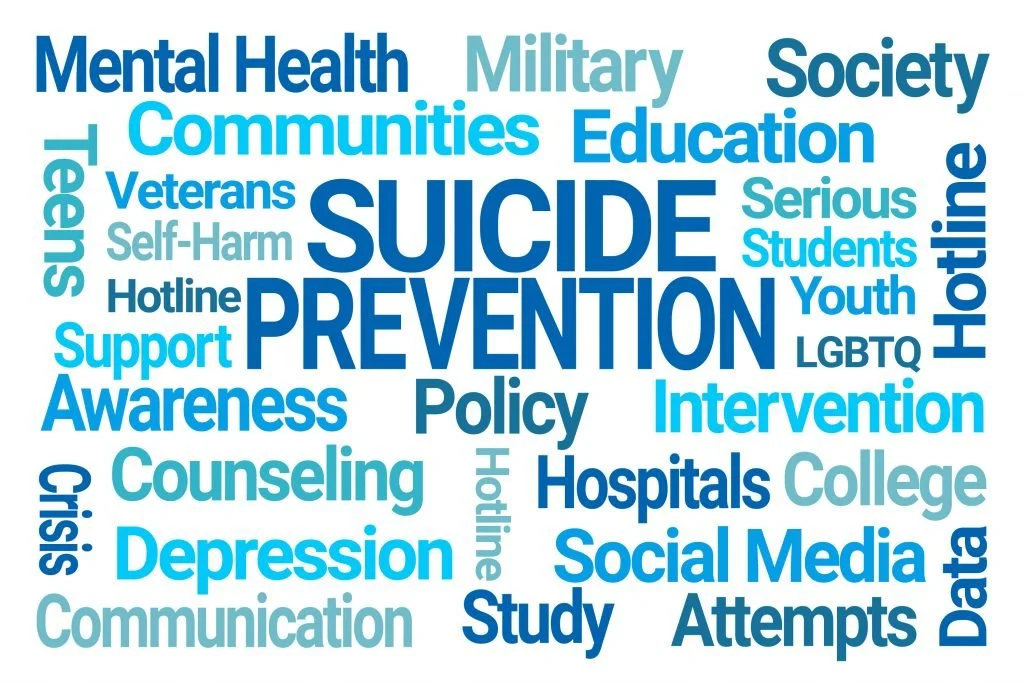After 2 years of volunteering with the National Alliance on Mental Illness, Redmond, Washington state chapter, I created a blog in January 2021 wherein I have published 10 articles.
Below are three articles that exemplify my writing style in different categories: advice, candid free-from, interview
Find Long-Term Self-Love Through Vulnerability
There is a small – but significant – difference between self-love and self-care.
You can care for yourself without loving yourself, but you can’t love yourself without caring for yourself. A paradox? Possibly. I have personally experienced moments where I care for myself by exercising, trying to eat well, or doing other things that are considered “self-care,” but I would then look in the mirror and realize there was no positive emotion behind my actions. They were only ways to hide what I didn’t want to admit: I needed to learn how to properly love myself.
It began with truly listening to how I was feeling. I allowed the feelings and asked myself “why don’t I feel good, and how do I want to feel instead?”
This was a key factor in how I decided to take steps toward actively loving myself. I call this advancing from short-term self-love to long-term self-love.
Trying to help ourselves is difficult, but if it’s broken down into segments it can make it feel not as scary. Let me be clear — for me, it’s more often scary than not, but fighting for my wellbeing is worth the fear.
By accepting my ADHD, I allowed myself to become more vulnerable than I had ever been before, and I could feel the positive impact. I was able to understand my weaknesses and strengths, which helped me better understand myself.
I’ve decided to write this in the present moment rather than attempting to articulate what anxiety feels like and what being alone with anxiety feels like.
It’s exhausting in many ways. I’m physically tired and want to let my body go and release all-natural reactivity that would keep my body from crumbling as I walk. I was carrying a box of wine earlier and so much of me wanted to let it drop to the floor and just watch. It feels like doing nothing, absolutely, literally nothing is the right decision. I’ve been waiting all day to do nothing. All I want is to stop thinking, because every time I think about anything, anxiety rushes to my stomach again.
Making decisions is a tremendous effort that requires all of my energy, and spares none for the rest of my seemingly simple actions.
I want to cry, but my body won’t let me. That feeling comes from my stomach, and I can’t decipher if I’m sad, tired, or if it’s just mindlessly reactionary.
…I’d like to promote the idea that it’s OK to feel like this. And it’s OK to acknowledge these types of emotions. It is important. I also think it’s important to share them with people we trust. But, I also think those are just words at times. I want to end this with a happy ending, with positivity and uplifting energy that I attempt to exude and establish. But today I can’t. And I think that’s also just as OK as accepting my emotions for how they are.
Living With Suicidal Ideations
The topic of suicide is sensitive and nuanced. It’s something that we whisper when speaking about, as if it’s a terrifying creature that awaits for someone to call. But it’s not…Society strives to prevent suicide, but it takes more than posting positive preventative messages on our Instagrams once a year. It requires uncovering the root causes of suicidal ideations for each individual.
So, to understand more about suicide, I interviewed my friend, whose name I have changed to Sharon, who courageously agreed to speak about her own personal relationship with this subject…
Sharon’s self-awareness has allowed her to articulate when she is fluctuating between peaks and valleys. Regardless, her cognizance doesn’t diminish the pain. “It [her ideations] hits just as hard every time,” she explained. When she is at her lowest low, she believes there is only one choice. “There is no other option for me,” she said.
A large rationale for Sharon’s thoughts has to do with loneliness… “I always feel like I’m at that point. Like I’m trying to go off alone.” For her, knowing others have suicidal ideations is something that she empathizes with, but doesn’t make her feel less lonely. When she is suffering from her thoughts she is alone.
I like to preach that being open with your emotions is a helpful treatment to negative mental health. But, as I listened to Sharon, I know it takes much more. Sharon continues to learn more about how to take care of herself every day, but these thoughts are still there, and may be forever.



